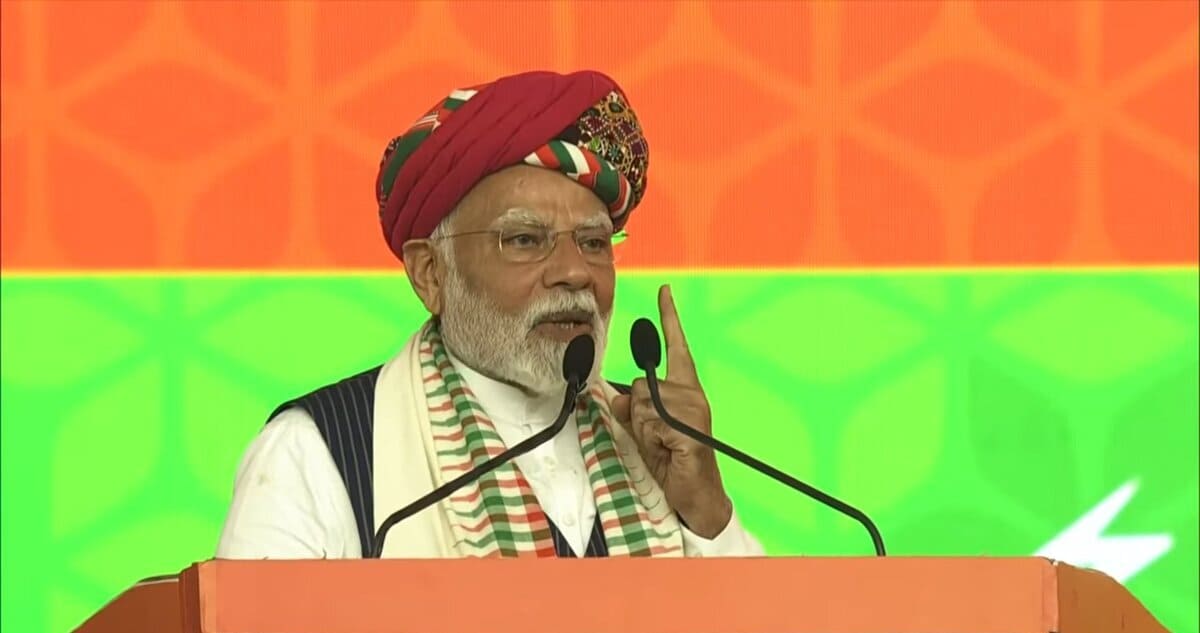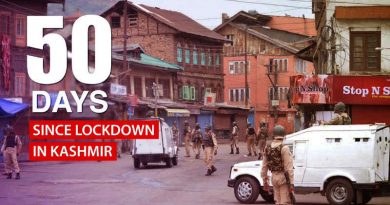Pahalgam Attack Probe Under Scrutiny Amidst Election Fraud Allegations and Shifting International Perceptions of Pakistan

Pahalgam Attack Probe Under Scrutiny Amidst Election Fraud Allegations and Shifting International Perceptions of Pakistan
RMN News Service Report Highlights
The Pahalgam attack probe is under scrutiny, with the Congress party alleging a “major lapse” and questioning the initial release of incorrect sketches of alleged terrorists.
The Congress suggests the “fake sketches” in the Pahalgam case may have been part of a “headline management strategy” by the Modi government, raising questions about negligence and haste.
Critics argue that PM Modi’s anti-Pakistan rhetoric and “terror allegations” serve as a “smokescreen” for alleged “rampant election frauds”, including EVM manipulation and voter intimidation.
The IMF and World Bank have approved financial support for Pakistan, seen as implicitly rejecting India’s long-standing terror accusations and marking a “notable shift in international perception”.
New Delhi – The April 22 Pahalgam terrorist attack, which killed 26 civilians, mostly tourists, is now at the center of a political controversy, with the Congress party questioning the Central government’s investigation and alleging a “major lapse”. This development unfolds amidst broader accusations of “rampant election frauds” against Prime Minister Narendra Modi’s government, with critics suggesting his anti-Pakistan rhetoric serves as a “smokescreen”.
The Congress on Monday (June 23) directly targeted the Central government, asking if there was a “major lapse” in the Pahalgam attack probe. The party highlighted that the Modi government had “hastily released sketches of three alleged terrorists” shortly after the attack. However, a recent report by The Indian Express indicates that “none of the individuals in those sketches were involved in the attack”.
According to The Indian Express, the National Investigation Agency (NIA) has now concluded that all three attackers were from Pakistan, a breakthrough achieved after the arrest of two Kashmiri locals for allegedly harbouring the terrorists. This conclusion marks a significant “departure from what was previously believed” about the attackers’ identities. Sources in Central agencies have confirmed that the three men initially depicted in the sketches – Pakistan nationals Hashim Musa and Ali Bhai alias Talha, and Kashmir resident Adil Hussain Thoker – are not the Pahalgam attackers.
[ Also Read: Modi Leverages Pakistan Attack Rhetoric as Election Fraud Claims Mount ]
[ Also Read: Can Trump Bring Justice to Kashmiris Living Under Siege? ]
Adding to the controversy, the Congress stated that these sketches were reportedly based on a photo recovered from the phone of a terrorist named Junaid, who was killed on December 4, 2024, “months before the attack even occurred”. This revelation, according to the Congress, “raises serious questions” about “such negligence in investigating a brutal terrorist attack”. The party further questioned if these “fake sketches” were “part of a headline management strategy by the Modi government – more about optics than real action”, and if there was “external pressure on the police to act in haste”.
Beyond the Pahalgam probe, a deeper analysis suggests that PM Narendra Modi’s “overt animosity towards Muslims and terror allegations against Pakistan” may serve as a “smokescreen”. Critics argue that while this narrative is perceived by some voters and opposition parties as key to his electoral success through the wooing of majority Hindu voters, the reality might be more “insidious”.
According to these critics, Modi’s victories in most State and Lok Sabha elections are primarily a result of “rampant election frauds” in “collusion with the Election Commission of India (ECI)”. These alleged malpractices include electronic voting machine (EVM) manipulation, tampering with electoral rolls, voter intimidation, and bribery. It is argued that the perception of Modi winning elections through religious polarization is a “convenient distraction”, under which he continues to perpetrate electoral malpractices. A significant portion of India’s electorate, nearly 80% of its 1 billion voters, are described as “poor and illiterate” and thus unaffected by Modi’s anti-Muslim rhetoric.
In a related international development, both the International Monetary Fund (IMF) and the World Bank have demonstrated “strong confidence” in Pakistan’s economic outlook, approving substantial financial support. This move is seen as implicitly rejecting India’s “long-standing accusations of state-sponsored terrorism”, marking a “notable shift in international perception and financial backing for Pakistan”.
💛 Support Independent Journalism
If you find RMN News useful, please consider supporting us.




